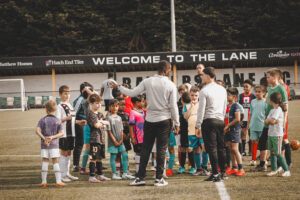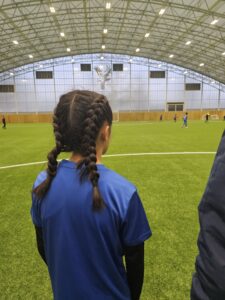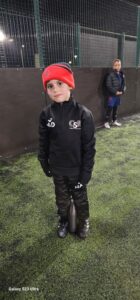Is Your Child “Good” at Football—Or Just Training More Than Everyone Else?
At the ages of 6, 7, 8 and 9, what does it really mean when someone says a child is “good” at football?
Is it because the child is naturally talented? Or is it because they’ve simply trained more than everyone else?
It’s a genuine question worth exploring, because in many cases, the players who are considered top-level at this age are often those doing three, four, even five extra sessions a week. They’re constantly on the grass. Constantly active. Constantly refining. But what happens when another child—maybe one with more natural potential but less access—decides to do the same amount of work? Will the balance shift? Could the one with the higher ceiling eventually overtake?
It’s something we don’t talk about enough in grassroots football.
When Talent Meets Opportunity
There’s a difference between early development and long-term success. A 6-year-old who looks sharp and refined on the pitch might just be ahead in reps, not in raw potential. Meanwhile, another child with obvious natural ability—technique, vision, instincts—but without the same training exposure, might be judged as “behind.”
But is that fair?
Because if that naturally talented child suddenly starts training the same way, over time, what really separates them?
What Happens When It Levels Out?
It’s likely that things do even out—especially around the ages of 10 to 12. The child who was ahead early due to training might plateau. The child with the higher ceiling, who’s just now been exposed to high-level coaching, may shoot forward.
The problem is, we often assume the current standout will stay the standout, just because they’ve done more now. But what if their ceiling was always lower, and their early edge was just due to being first out of the blocks?
The Fear of Stepping Away
There’s also fear in the air—especially with talented kids. Parents, coaches, even the kids themselves worry that if they don’t train every day, they’ll lose their edge. That they’ll fall behind. That they’ll be forgotten.
But what if taking a step back doesn’t mean falling off? What if it’s the chance to grow in other key areas—athleticism, resilience, emotional intelligence, and the ability to learn?
Because here’s the truth:
If a child isn’t athletic, resilient, or able to adapt and learn, then eventually, no matter how talented they are with the ball… it will catch up with them.
A Message to the Parents
To the parent of the naturally gifted child:
Trust the process—but don’t be afraid of the gaps. If your child has clear ability but weaknesses in other areas (physical, emotional, or social), they have time. The aim isn’t to over-train the talent, but to balance the player. Let them breathe. Let them grow in more than one way. The ball will still be there when they’re ready to pick it up again.
And remember, there are other ways to help your child stay ahead—without constantly doing football:
- Martial arts – Builds discipline, coordination, body control, and mental toughness.(www.beaumontmartialarts.co.uk)
- Swimming – Great for endurance, breathing control, and recovery.
- Drama or performing arts – Builds confidence, emotional expression, and the ability to handle pressure or stage nerves.
- Reading or storytelling – Stimulates creativity and imagination—great for developing vision on the pitch.
- Board games or puzzles – Encourages pattern recognition and decision-making under pressure.
- Unstructured play – Just being a kid. Free play, movement, imagination. Some of the best footballers developed this way before they ever had a coach.
These are all ways to build the person, not just the player.
To the parent of the late starter who’s working hard:
Don’t panic. Keep going. The gap you see now may just be a reflection of time and access, not a lack of potential. If your child is open to learning, works hard, and stays committed, they can absolutely catch up—and even surpass. Development is a long game, and your child has already won half the battle by embracing the work.
Final Thought
This isn’t about downplaying training. Training matters. Reps matter. But context matters too. Some kids are just further along because of circumstance—not necessarily because they’re better. And some of the real gems just need time, space, and support to shine in their own time.
So next time you see a 6- or 7-year-old who looks like the best on the pitch, ask yourself: Are they actually better? Or have they just trained more?
And just as importantly—who will still be ahead in five years?







